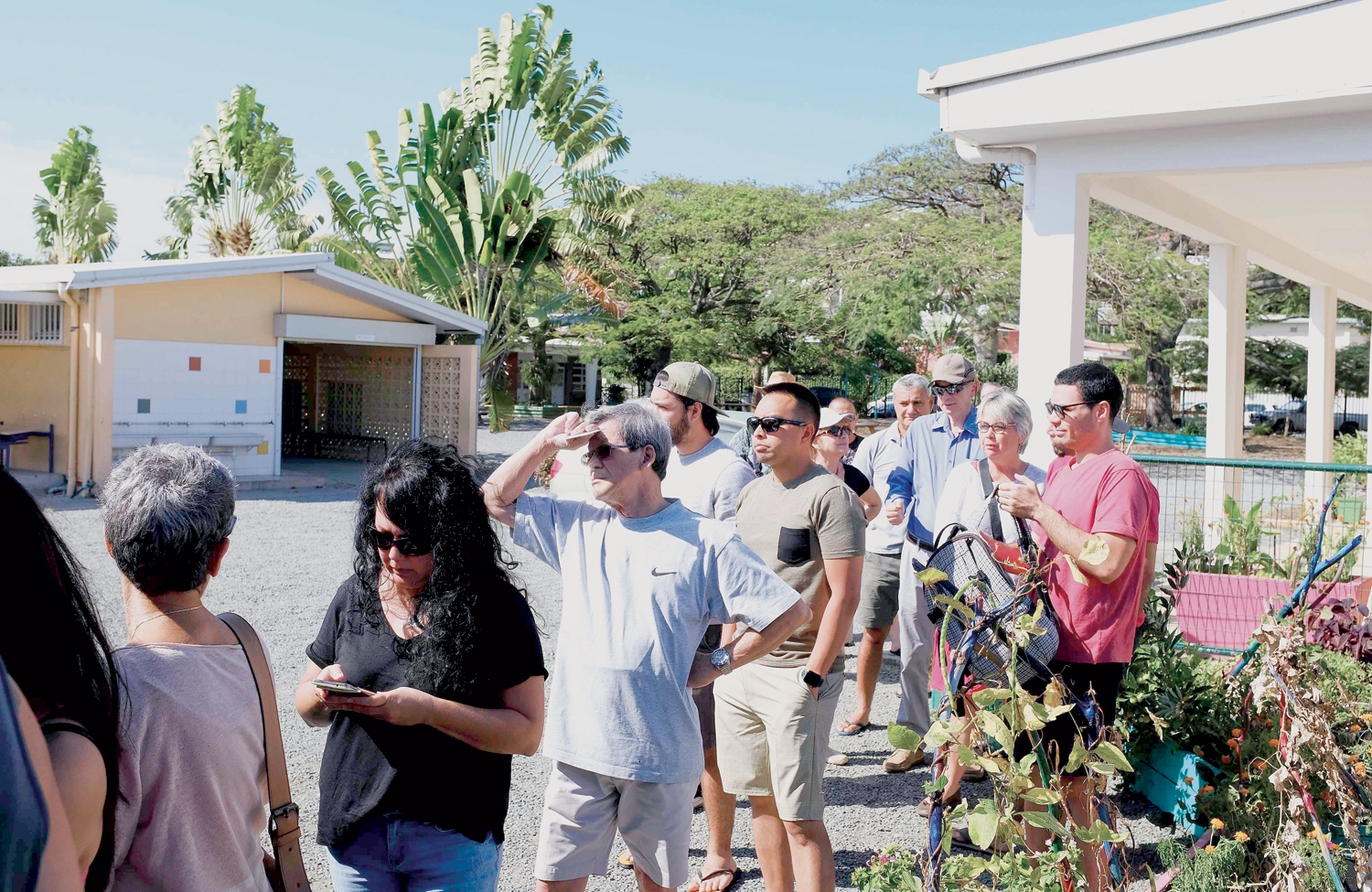

NEW CALEDONIA: The Pacific islands of New Caledonia voted on Sunday to remain part of France in an independence referendum that showed support for Paris in one of its many far-flung but strategic outposts.
Some 18,000 kilometres from the French mainland, New Caledonia is home to a quarter of the world’s known supplies of nickel — a vital electronics component — and is a foothold for France in the Pacific where China is increasing its influence.
On the final count, 56.4 per cent of people had rejected the proposition that New Caledonia become independent, a clear but smaller-than-expected victory for loyalists to the mainland.
French President Emmanuel Macron expressed his “immense pride that we have taken this historic step together” in a televised address to the nation, adding it was “a sign of confidence in the French republic, in its future and its values.”
Despite being a archipelago of islands, New Caledonia is sometimes referred to in France as “the pebble” and is home to about 175,000 people.
Turnout was high for the vote, at more than 80 per cent.
But there are fears the referendum could inflame tensions between indigenous Kanak people, who tend to favour independence, and the white population which has settled since France annexed the islands in 1853.
Several cars were burned and a couple of incidents of stone-throwing were reported late on Sunday, local authorities said, but the vote was otherwise peaceful.
Tensions in New Caledonia boiled over into ethnic strife in the 1980s which claimed more than 70 lives.
It led to the 1998 Noumea Accord which paved the way for a steady devolution of powers, as well as Sunday’s referendum and possibly two others before 2022.
“The Kanaks have become aware that they need to show their determination to be free at last,” Alosio Sako, head of the pro-independence movement FLNKS, said after the results were announced.
Polls had forecast a bigger victory — of between 63-75 per cent — for the “no” campaign.
“We’re a short step away from victory and there are still two votes to come,” Sako added, referring to the other two referendums which are possible under the Noumea Accord.
In recent years, France has faced protests and calls for independence in several of its overseas territories, which are a legacy of the country’s colonial history and are sometimes dubbed “the confetti of the French empire”.
French Guiana in South America and the Indian Ocean archipelago of Mayotte have been rocked by major protests over living standards and perceived neglect. — AFP
Oman Observer is now on the WhatsApp channel. Click here



